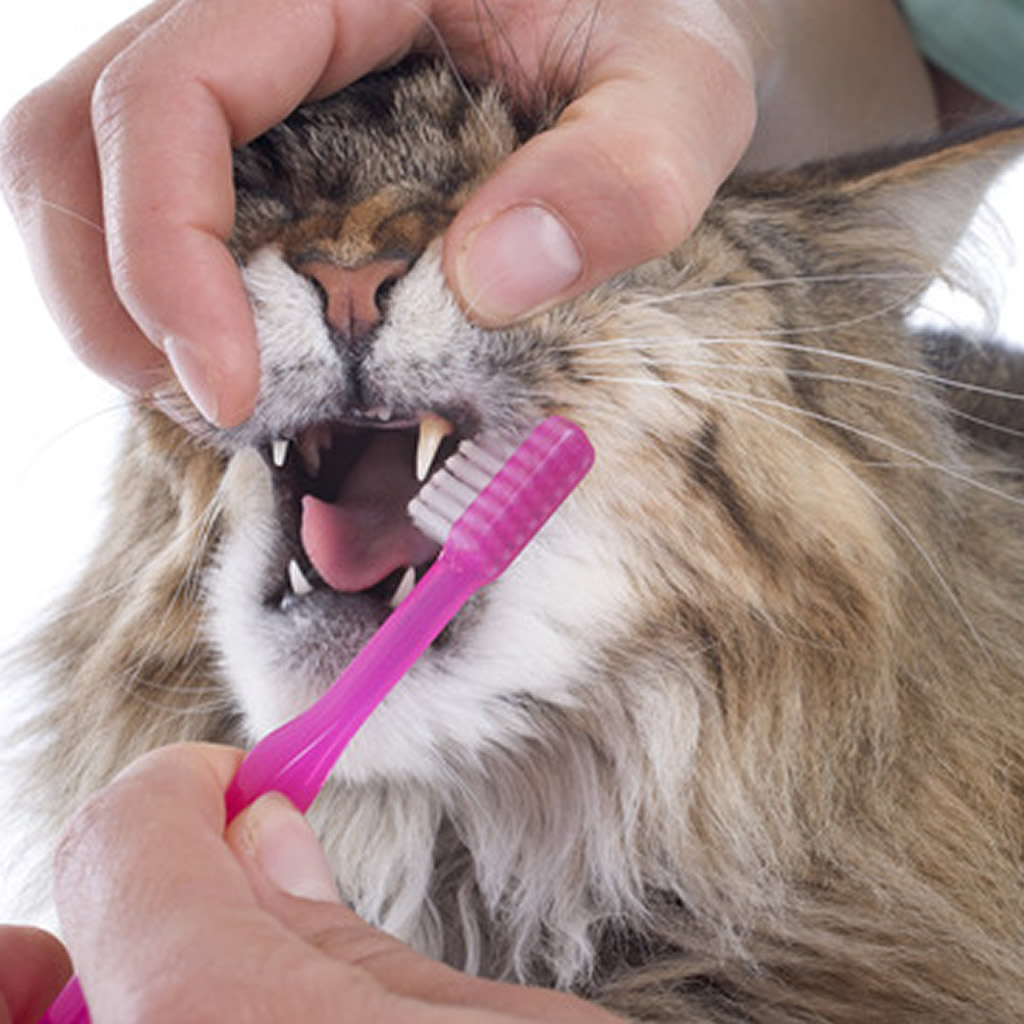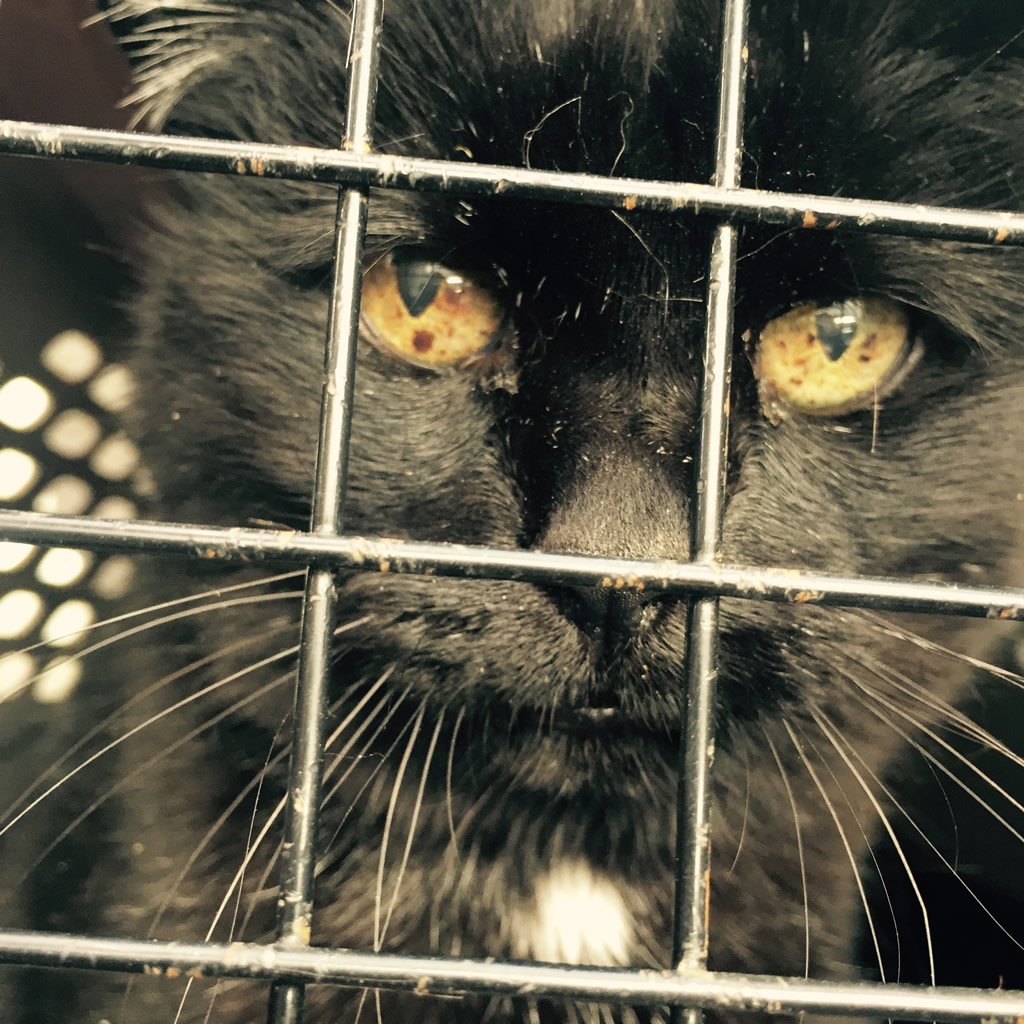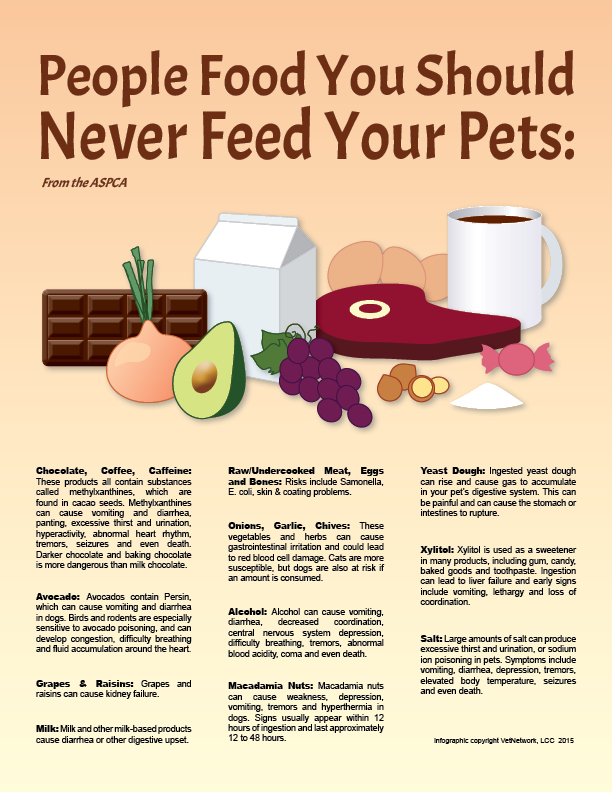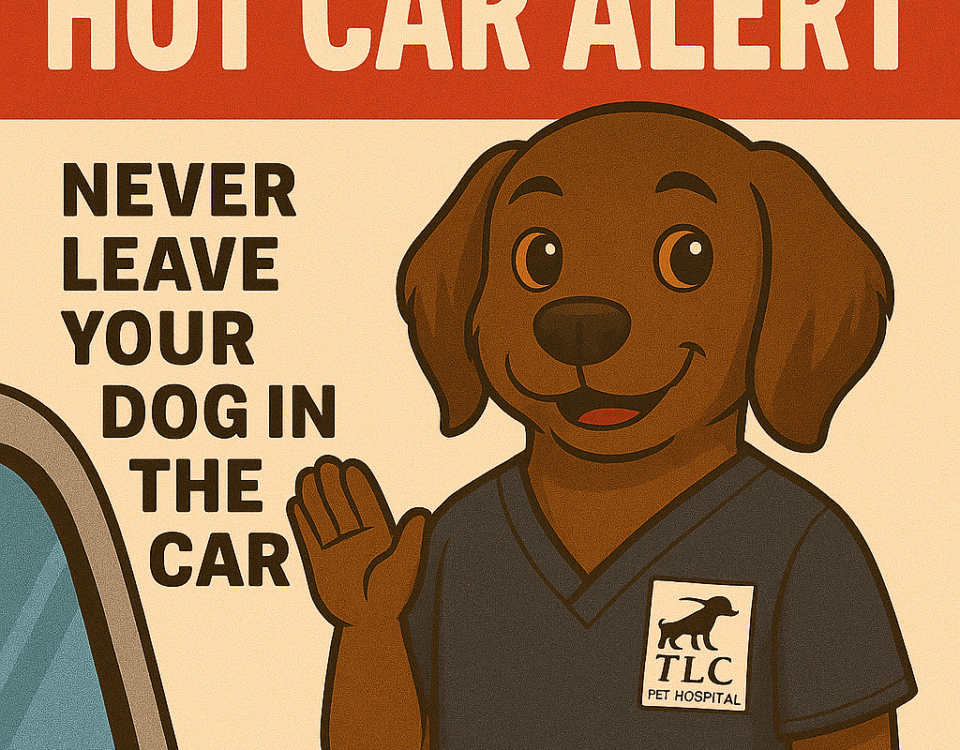Lower Urinary Tract Problems
November 16, 2015
Bad Breath
November 23, 2015How Do I Know When My Cat Is a “Senior”?
Most cats enter their golden years between 12 and 14 years of age. Many cats, especially those who are black, experience a graying of their coat as they age—but there are other, more subtle signs that your cat is aging.
Her hearing may not be as sharp as it once was, her fur may be thinner, and she may take a little longer to get up and out of bed in the mornings. It is also perfectly normal for an older cat to sleep more than she used to and to tire more quickly when playing. In healthy cats, these changes occur slowly, over time, at a gradual pace that you probably won’t even notice.
How Often Should My Older Cat See the Vet?
It is important that cats have an annual checkup or “wellness” visit with their vet. This is even more important as they age, so talk to your vet about whether such visits should become more frequent. ASPCA experts recommend that healthy senior cats see the vet at least every six months. During the exam, your vet will listen to your cat’s heart and lungs, take her temperature and examine her skin, fur, ears, eyes, mouth, teeth and internal organs. He or she may also order routine screening tests for early detection of problems.
Please note, certain signs of aging may also indicate the onset of disease or nutritional deficiency, so any changes in your cat’s behavior or appearance should be reported to your veterinarian.
What Health Issues Are Common in Older Cats?
There are many health issues more common to aging cats, including:
- Cancer
- Obesity
- Arthritis
- Diabetes
- Constipation
- Kidney and liver disease
- Hyperthyroidism
- Dental disease
- Vision problems
- Skin problems or matted coat (due to increased difficulty in grooming)
- Urinary problems
What Diet Changes Will Help My Older Cat?
Cats, especially older ones, tend to love routine. But for the sake of her health, your vet may recommend the following diet changes:
- Talk to your vet about beginning a senior diet when your cat hits the age of seven. Aging animals undergo metabolic and body composition changes. Some of these are unavoidable, but others can be managed with diet. Cat foods formulated for seniors should be lower in fat, but higher in protein (ask your vet for a recommendation).
- More frequent feedings are easier on a cat’s digestive system than one or two large meals a day.
- Older cats may have decreased absorption of nutrients from their intestinal tract, and often lose more of them through their kidneys and urinary tract. Some vets feel that aging cats benefit from the addition of dietary supplements, also known as “nutriceuticals. Speak with your vet about whether your cat needs additional supplements for specific health issues.
What Can I Do to Make My Senior Cat More Comfortable?
- Older cats are unable to regulate body temperature as effectively as young cats, and should be kept warm, dry and indoors. Likewise, senior cats are extra sensitive to heat and humidity. Please take precautions to protect them from conditions that could cause heatstroke.
- An older cat may appreciate if you help brush her fur in hard-to-reach areas—this aids in removing loose hairs and stimulating circulation and sebaceous gland secretions.
- Cats like to seek out warm places to rest. Make sure your older cat’s favorite soft bed or resting place is not in a drafty area of your home. You may also choose to provide extra blankets or an orthopedic bed.
- If your cat is losing her sight or hearing, remove obstacles and reduce her anxiety by keeping floors free of clutter. Be sure her litter box is easily accessible and try to keep her routine consistent to avoid any unnecessary stress. Nightlights may also help older cats with poor vision or eyesight problems navigate at night.
- If your older cat can no longer jump on her favorite windowsill, create a sturdy ramp or purchase pet stairs that allow her to safely reach that spot on her own.
What Symptoms Should I Be Concerned About in My Older Cat?
If you notice any unusual symptoms, please don’t wait for your regularly scheduled checkup to see your vet. Call right away. Symptoms to watch out for and promptly report include:
- Urinary incontinence, straining or inability to pass urine
- Frequent urination
- Lumps, bumps or scabs on the skin
- Constipation or diarrhea
- Vomiting
- Shortness of breath
- Coughing or open-mouth breathing
- Weakness or lethargy
- Drooling or bad breath
- Changes in weight, appetite, amount of urine produced or water intake
- Stiffness or limping
- Increased vocalization
- Change in vision or hearing
- Uncharacteristic aggression or other significant behavior change
https://www.aspca.org/pet-care/cat-care/aging




